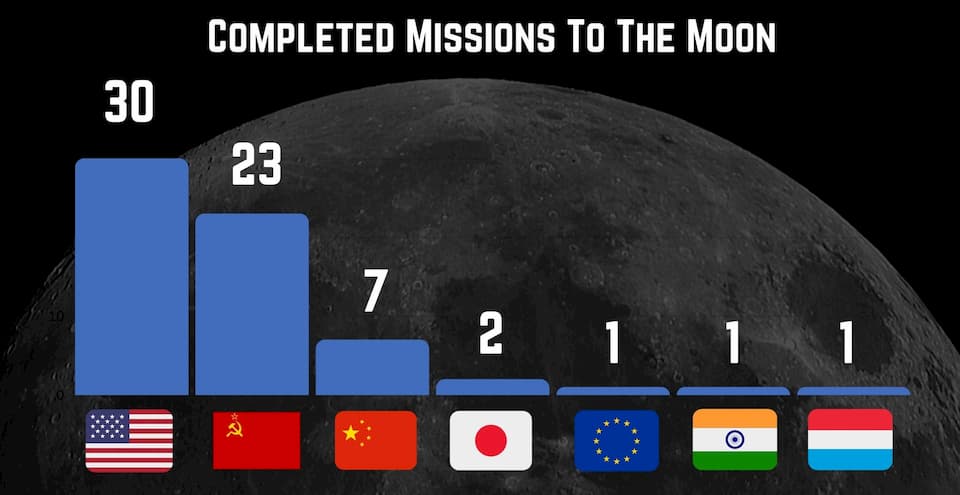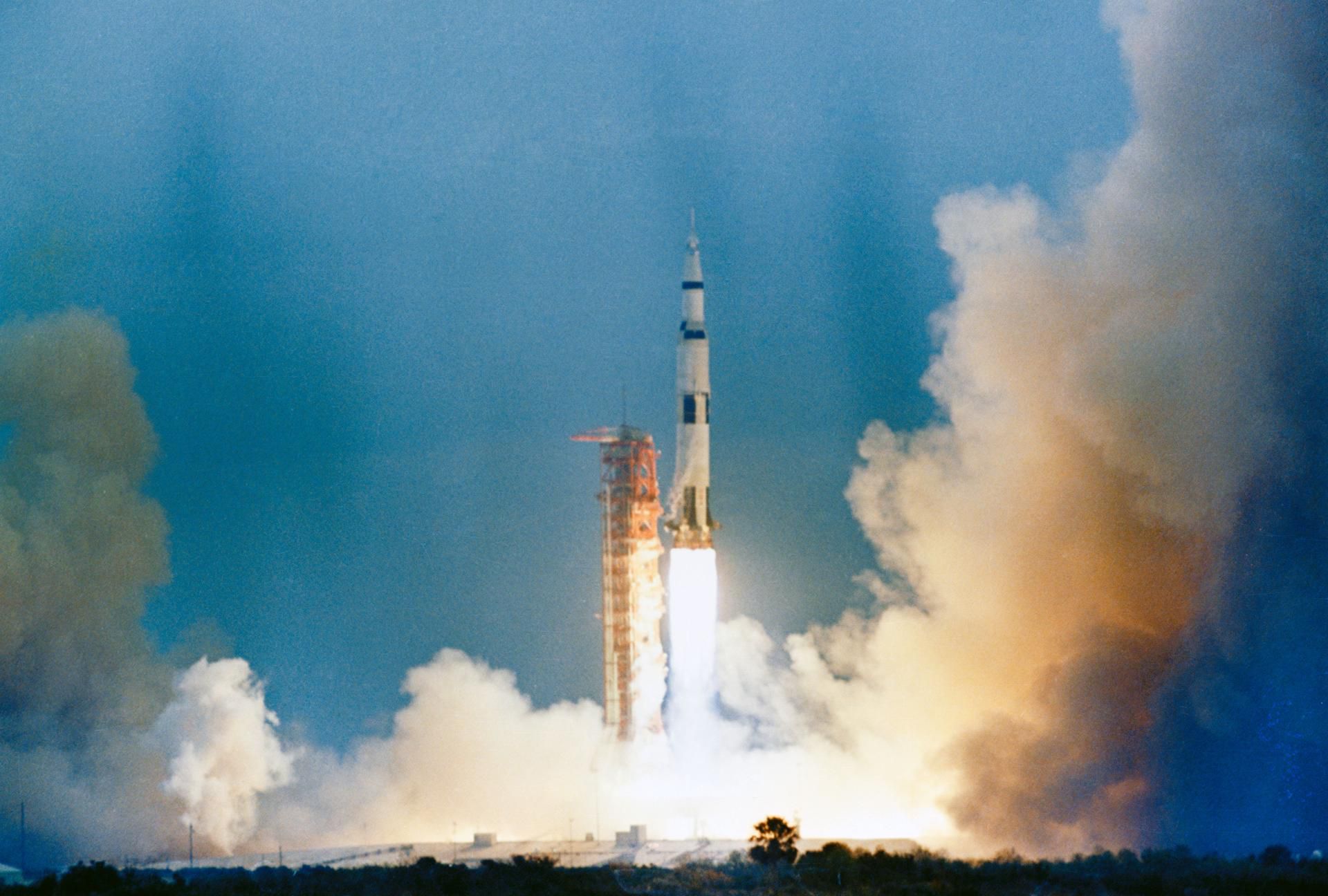
“If the Americans had a setback and quit or just got tired and stopped, then could move in and outdo American lunar flight,” he says. government insane enough to spend absolutely crazy amounts of money to do this.” Still, the Soviets continued their lunar-landing program into the early ‘70s because they didn’t know if the U.S. When Apollo 11 really did land there in 1969, just eight years after JFK’s announcement of the country’s intentions, Oberg says the Soviets “slowly came to realize they’d woken the sleeping giant that they had driven the U.S.
#What country put the first man on the moon plus#
has a timetable of ‘1969 plus X,’ but our timetable is ‘1969 plus X minus one’!”-i.e., the Soviets would make it the moon a year before the Americans.

“I can positively state that the Soviet Union will not be beaten by the United States in the race for a human being to go to the moon,” said cosmonaut Vladimir Komarov in 1966, a year before his tragic death during reentry.

READ MORE: The 5 Deadliest Disasters of the Space Race In 1979, he wrote an article for Reason Magazine arguing, “Many of the same elements that characterized preparations for the Apollo moon landings also showed up in the Soviet program.” He also noted that Soviet cosmonauts during the 1960s spoke as though they were in a race with the U.S. One of these Americans was James Oberg, a NASA space engineer from 1975 to 1997 who speaks Russian and has written multiple books about the U.S.

In broadcasts to Latin America, Africa and Asia, Radio Moscow framed Apollo 11 as “the fanatical squandering of wealth looted from the oppressed peoples of the developing world.”įor many Americans who worked in and reported on aerospace research, this denial was never believable. Soviet spokesmen also said the country was more interested in creating satellites and sending robotic probes to the moon than manned missions that risked human life.


 0 kommentar(er)
0 kommentar(er)
